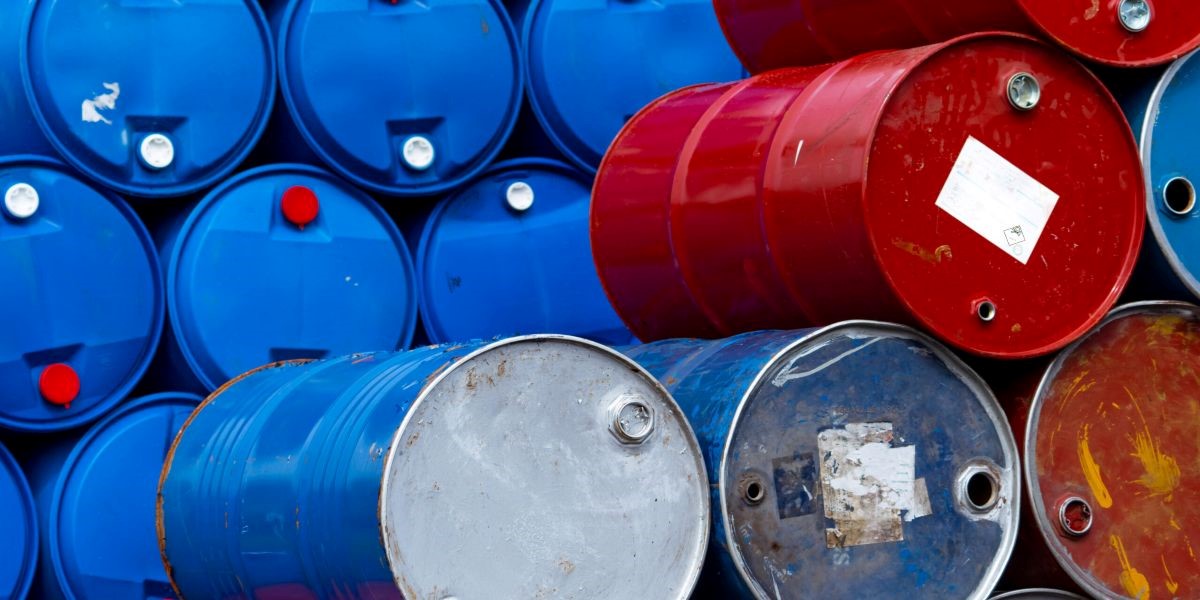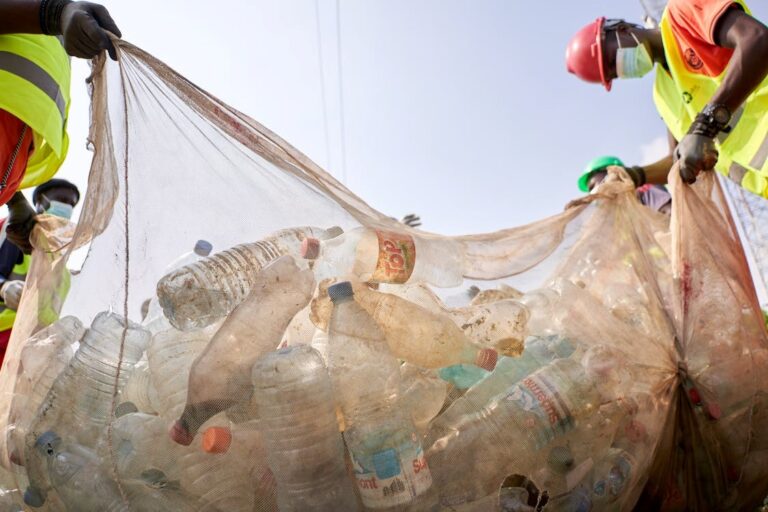Waste Oil Collection: A Complete Guide

Waste oil collection means to collect contaminated or polluted oil and dispose of it safely to avoid any potential threat to the environment, marine ecosystems and even humans! It’s a meticulous process that requires extreme professionalism and specialised tools and knowledge to carry it out safely.
Many industries and businesses need this service; however, it is essential to understand the whole process. This article has broken down the complicated process in a simplified way. Read it thoroughly to understand its specifications, process, and legal regulations required.
Who Needs to Hire Old Oil Disposal Services?
Many industries and businesses need to hire oil disposal services at a commercial scale for myriad reasons, including:
- Construction Industries Pubs
- Restaurants
- Pubs
- Factories
- Airports
- Takeaways
- Commercial Kitchens
- Automotive etc
Types of Oil Suitable for Oil Recycling
Waste oil recycling can be done on different types of fuel, including:
- Lubricating Oil
- Gas Oil
- Fuel Oil
- Electrical Insulation Oil
- Gearbox Oil
- Kerosene
- Motor Oil
- Engine Oil
- Diesel
- Cooking Oil
How is the Waste Oil Collected?
Commercial waste oil collection is done following the below-mentioned steps:
Inspection
The first step is fuel inspection to find the best possible solution. It involves technical analysis and numerous rigorous testing of the used oil to asses and evaluate its condition.
Developing a Plan
Once the assessment is done, the next step begins. It involves developing a plan to remove the waste oil or fuel safely. During the process, the potential risks are kept in mind and involve the use of specialised tools and techniques to overcome them.
Removal of Oil
The next step includes the collection of oil from tanks while clearing the residues. This process is carried out by highly professional companies like Network Environmental UK. In this way, the waste oil is removed from the storage tanks.
Degassing the Tank
The last step is crucial to ensure there are no flammable vapours left in the storage tanks. For this purpose, the storage tanks are degassed using high-end methods.

How is the Waste Oil Treated?
Waste oil collection isn’t enough itself. Once the waste oil is collected, it goes through a stringent process to be disposed of in an eco-friendly way. It is essential to ensure that the waste oil poses no threat to the environment and humans. After collection, the following practices are done for proper old oil disposal:
Recycling
Based on the initial waste oil analysis, it is taken to a refinery and recycled for further use. Recycling typically involves dewatering, filtering, and distillation of oil. There are usually 5 types of oil recycling, including:
- Industrial oil recycling
- Engine waste oil recycling
- Cooking oil recycling
- Kerosene oil recycling
- Hydraulic oil recycling
Reconditioning
The life span of used oil can be extended by adding chemicals. It includes the removal of pollutants from the oil to make it reusable.
Disposal
If the waste oil can’t be recycled or reconditioned, it is disposed of using specially designed tanks to dispose of different oils. It is crucial to follow the specified regulations during commercial oil disposal to avoid legal actions and penalties.
Waste Oil Collection Regulations
Environmental Protection Act 1990
This act provides guidelines for businesses to protect the environment and ensure the safe disposal of waste oil. According to this legislation, the business must:
- Possess a duty of care certificate and ensure minimal impact on the environment.
- Not treat and dispose of waste oil in an unauthorised way.
- Must store all the waste oil safely
- Always utilise the services of a licenced waste oil carrier.
The Control of Pollution (Oil Storage) (England) Regulations 2001
This legislation ensures the safe storage of oil by businesses. However, these rules are only applicable to you if you are storing more than 201 litres of oil. If your oil storage is less than this quantity, you are practically exempted from these rules. This legislation addresses the following businesses:
- Store the waste oil safely.
- Get a certified professional to install the oil tank.
- Check their waste oil containers at least once a year.
Hazardous Waste Regulations 2005
These rules address the disposal of non-edible oils. These oils are considered hazardous waste and require extremely careful handling. These regulations compel us to:
- Store the hazardous waste safely in suitable containers if you are producing waste oil on industrial levels.
- Avoid cross-contamination of the hazardous waste by clearly labelling all the containers.
- Hire a registered and licenced waste carrier company.
- Ensure the availability of “Duty of Care” or “Waste Transfer Note” while transferring the waste oil to ensure its safe disposal.


